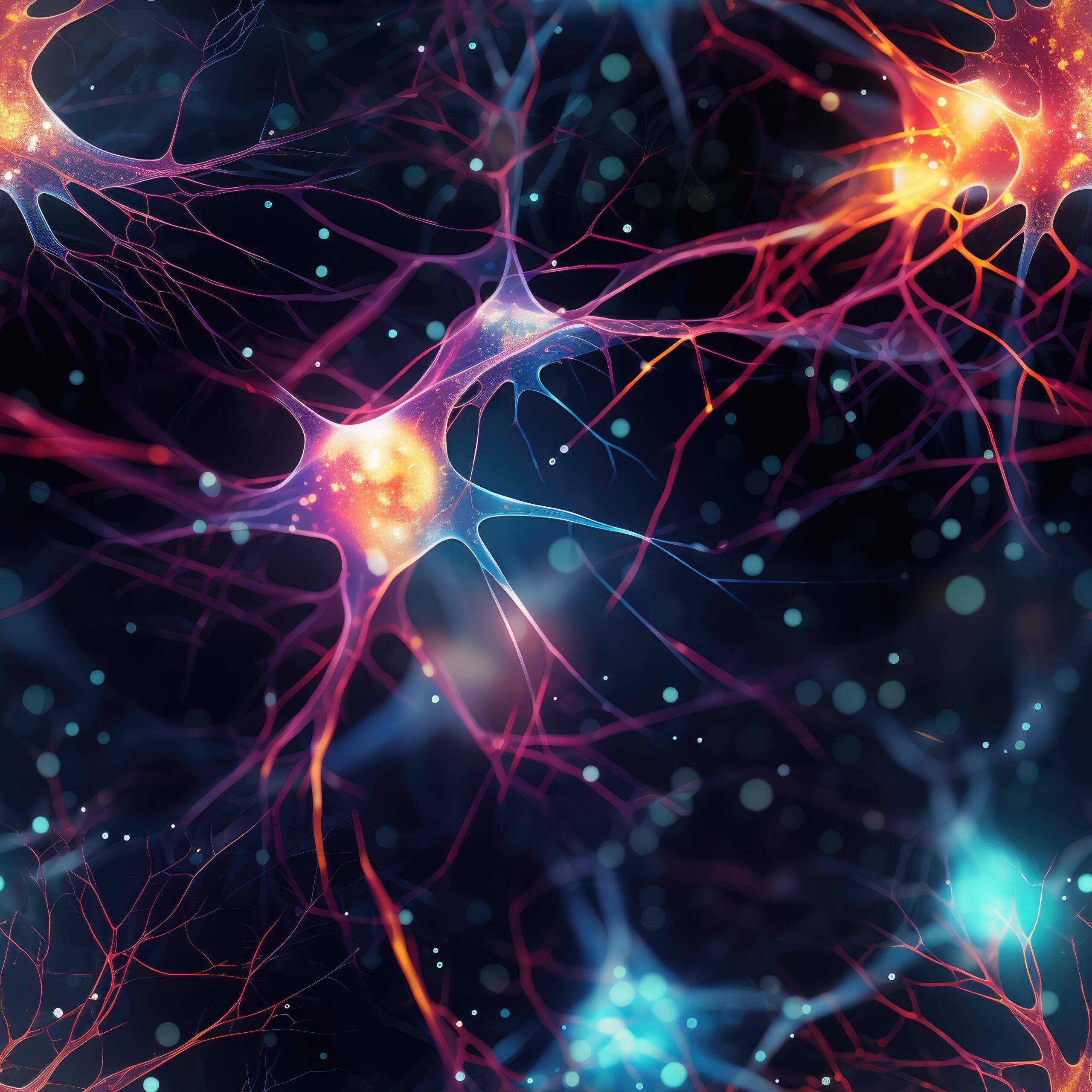6 Physiological Changes Your Body Goes Through During Severe Caloric Restrictions
November 14, 2023
 709
709 
When you are in a Severe Caloric Restrictions deficit, your body undergoes various physiological changes to adapt and potentially prevent further weight loss.
This involves complex interactions between the brain, hormones, and other physiological processes.
Here’s how this communication typically works:
Leptin: Leptin is a hormone produced by fat cells (adipocytes). Its primary role is to signal the brain about the body’s energy reserves. When fat stores decrease due to a caloric deficit, leptin levels drop. This decrease in leptin signals the brain that energy stores are low, which can lead to increased hunger and a reduction in metabolism to conserve energy.
Ghrelin: Ghrelin, often called the “hunger hormone,” is produced by the stomach and increases appetite. During a caloric deficit, ghrelin levels tend to rise, stimulating hunger.

It’s important to note that the body’s response to a caloric deficit can vary from person to person, and genetics, hormonal factors, and previous dieting history can all influence how your body responds.
Severe caloric deficits can also have negative health consequences and are generally not recommended for sustained weight loss.
For effective and sustainable weight loss, it’s generally advisable to consult with a healthcare professional or registered dietitian to develop a balanced and safe approach that includes both dietary changes and physical activity.
Rapid or extreme weight loss methods can have adverse health effects and may not lead to long-term success.

A new study suggests that a widely used sugar substitute found in diet sodas, chewing gum, and low-sugar yogurt may elevate insulin levels. This could increase the long-term risk of heart disease. “Artificial sweeteners have infiltrated nearly all types of food, making it crucial to understand their long-term health effects,” said Yihai Cao, senior author […]

Diet Coke has long been a fan-favorite among soda lovers who want a fizzy, guilt-free alternative to traditional soft drinks. While its zero-calorie, zero-sugar label makes it seem like a healthier option, the reality is far more concerning. Despite its undeniable popularity, Diet Coke’s nutritional profile has raised red flags among health experts for years. […]

New study shows that embracing an anti-inflammatory, plant-forward diet can support cognitive function and help reduce the risk of dementia. What You Eat Shapes Your Brain The food you eat doesn’t just impact your body—it also affects your brain. Research suggests that eating an anti-inflammatory, plant-based diet can help improve memory, focus, and overall brain […]